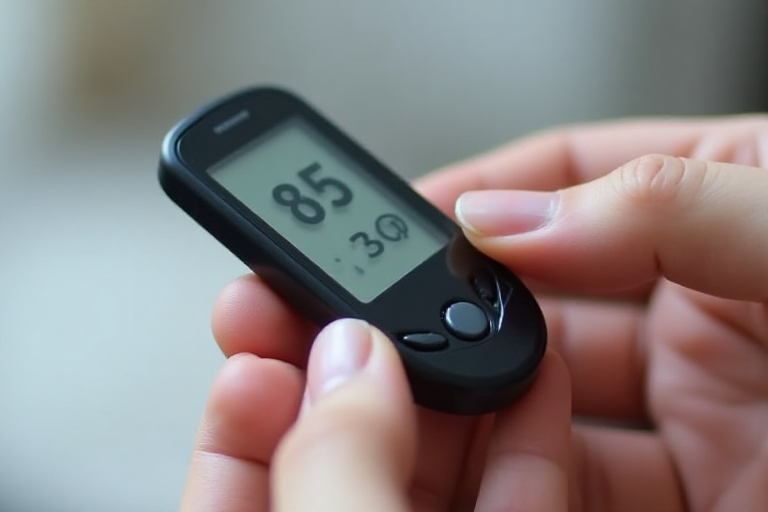Maintaining optimal blood sugar levels is crucial for overall health, especially for individuals with diabetes or those at risk of developing the condition. Blood sugar, or glucose, is the primary source of energy for the body’s cells, and its regulation is essential for preventing complications such as heart disease, kidney failure, and nerve damage. In this article, we will explore the importance of blood sugar health and how glucose monitoring devices can play a pivotal role in managing it effectively.
Blood sugar levels fluctuate throughout the day, influenced by factors such as diet, physical activity, stress, and medication. For individuals with diabetes, these fluctuations can be more pronounced and harder to manage. Consistently high blood sugar levels, known as hyperglycemia, can lead to serious health issues, while low blood sugar levels, or hypoglycemia, can cause symptoms like dizziness, confusion, and even loss of consciousness. Therefore, regular monitoring of blood sugar levels is essential for maintaining balance and preventing complications.
Glucose monitoring devices have revolutionized the way individuals manage their blood sugar levels. These devices come in various forms, including traditional blood glucose meters, continuous glucose monitors (CGMs), and flash glucose monitoring systems. Each type of device offers unique benefits and is suited to different needs and lifestyles.
Traditional blood glucose meters require a small blood sample, usually obtained by pricking the finger with a lancet. The blood is then placed on a test strip, which is inserted into the meter to provide a reading. These meters are widely used due to their affordability and ease of use. However, they only provide a snapshot of blood sugar levels at the time of testing, which may not capture the full picture of glucose fluctuations throughout the day.
Continuous glucose monitors (CGMs) offer a more comprehensive approach to blood sugar monitoring. These devices use a small sensor inserted under the skin to measure glucose levels in the interstitial fluid continuously. The data is transmitted to a receiver or smartphone app, allowing users to track their glucose levels in real-time. CGMs are particularly beneficial for individuals who require tight glucose control, such as those with type 1 diabetes or those on insulin therapy. They provide valuable insights into how different factors, such as food, exercise, and medication, affect blood sugar levels.
Flash glucose monitoring systems are another innovative option. Similar to CGMs, these systems use a sensor worn on the body to measure glucose levels. However, instead of continuous data transmission, users scan the sensor with a reader or smartphone to obtain glucose readings. This method offers a balance between the convenience of traditional meters and the detailed data provided by CGMs.
In addition to monitoring devices, there are several strategies individuals can adopt to maintain healthy blood sugar levels. A balanced diet rich in whole grains, lean proteins, and healthy fats can help stabilize glucose levels. Regular physical activity is also essential, as it improves insulin sensitivity and helps the body use glucose more effectively. Stress management techniques, such as mindfulness and meditation, can further support blood sugar health by reducing the impact of stress hormones on glucose levels.
Medication adherence is another critical factor in blood sugar management. For individuals with diabetes, taking prescribed medications as directed by their healthcare provider is essential for maintaining glucose control. Regular check-ups and consultations with a healthcare professional can help ensure that treatment plans are effective and adjusted as needed.
In conclusion, maintaining healthy blood sugar levels is vital for overall well-being, particularly for those with diabetes or at risk of developing the condition. Glucose monitoring devices, such as traditional meters, CGMs, and flash monitoring systems, provide valuable tools for managing blood sugar levels effectively. By combining these devices with a healthy lifestyle, medication adherence, and regular medical consultations, individuals can take proactive steps towards achieving optimal blood sugar health and preventing complications.

